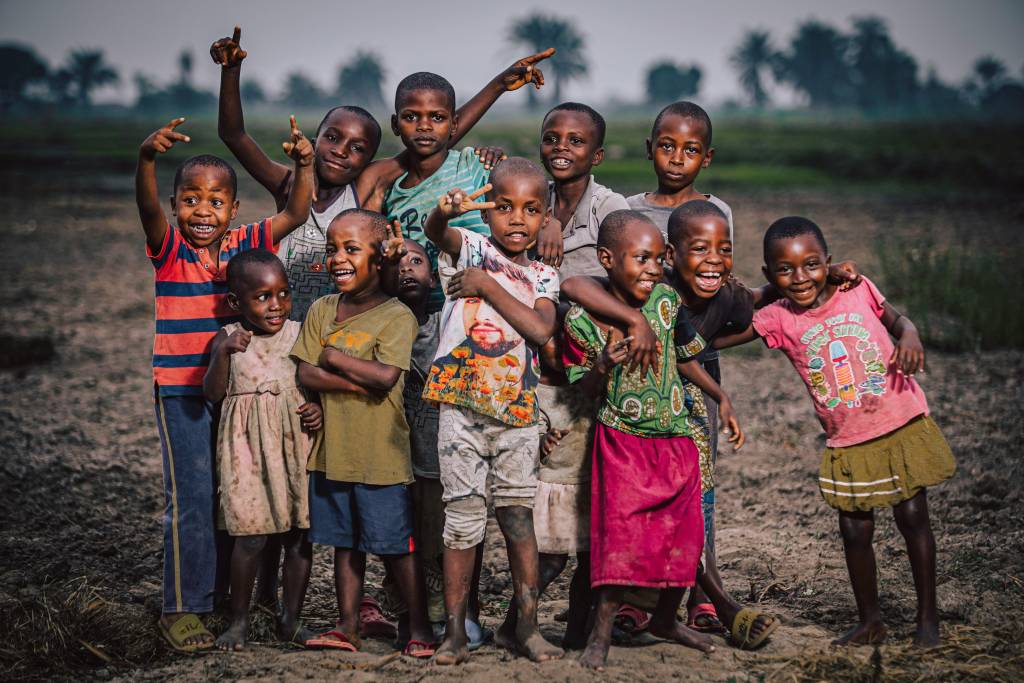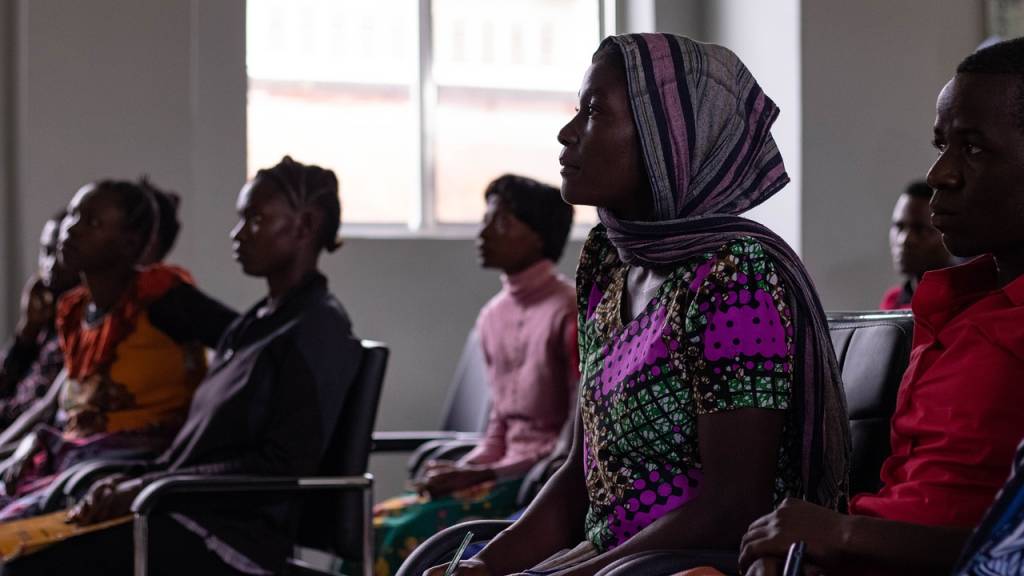Communiqué de presse
Le Forum de la Société civile de l’Afrique de l’Ouest (FOSCAO) salue la récente décision du Président Bola Tinubu d’ordonner la libération immédiate de tous les mineurs détenus lors des manifestations #EndBadGovernance qui ont eu lieu à travers le Nigéria en août.
Nous reconnaissons l’action rapide du Président en réponse à l’indignation publique entourant la détention de mineurs, et nous soutenons fermement sa directive visant à assurer leur retour rapide et en toute sécurité auprès de leurs familles. Cette décision est conforme aux obligations légales du Nigeria en vertu des cadres régionaux et internationaux des droits de l’homme qui donnent la priorité à la protection des droits de l’enfant.
En particulier, le FOSCAO souligne que cette décision est conforme à la Charte Africaine des Droits et du Bien-être de l’Enfant (CADBE), dont le Nigéria est signataire. L’article 5 de la Charte stipule qu’« aucun enfant ne sera privé de liberté de manière illégale ou arbitraire » et souligne que toute forme de détention doit respecter les principes qui servent l’intérêt supérieur de l’enfant. La détention de mineurs sans tenir compte de leur bien-être et de leurs protections juridiques viole directement ce principe. Le FOSCAO félicite le Président d’avoir abordé cette question et d’avoir sauvegardé le bien-être des mineurs impliqués dans les manifestations.
En outre, nous notons que la Politique de l’Enfant de la CEDEAO 2019-2030 fournit un cadre solide pour la protection des droits de l’enfant en Afrique de l’Ouest, appelant à la mise en place de systèmes de protection de l’enfant qui garantissent la sécurité et le bien-être de tous les enfants, en particulier pendant les périodes de troubles politiques. En particulier, la Politique souligne l’importance de veiller à ce que « les enfants soient protégés contre toutes les formes de violence, d’abus, de négligence et d’exploitation » (article 3.2). La Politique préconise également la promotion des droits des enfants à la protection juridique, au traitement équitable et à l’accès à la justice, en particulier dans les cas où des mineurs sont arrêtés ou détenus au cours de manifestations ou de protestations publiques.
Le FOSCAO se félicite en outre des instructions données par le Président Tinubu au ministère des affaires humanitaires et de la réduction de la pauvreté pour assurer le bien-être immédiat des mineurs et faciliter leur réunification en toute sécurité avec leurs parents ou tuteurs. Ces actions sont en accord avec l’engagement de la Politique de l’Enfant de la CEDEAO à assurer la réinsertion sociale et la réhabilitation des enfants en conflit avec la loi, ainsi qu’avec la directive de l’ACRWC selon laquelle les enfants privés de liberté doivent être traités avec le respect de leur dignité humaine et doivent recevoir des soins qui favorisent leur réhabilitation et leur réintégration dans la société.
En tant qu’organisation engagée dans la protection et la promotion des droits de l’homme à travers l’Afrique de l’Ouest, le FOSCAO appelle à une adhésion continue aux cadres régionaux et internationaux pour la protection de l’enfance, y compris la Politique de l’Enfant de la CEDEAO 2019-2030 et la Charte Africaine des Droits et du Bien-être de l’Enfant. Nous plaidons pour une transparence et une responsabilité continues concernant les processus juridiques liés à ces manifestations et nous exhortons toutes les parties prenantes à faire respecter les droits des enfants en toutes circonstances, en particulier dans leurs interactions avec la loi.
Le FOSCAO continuera à suivre de près l’évolution de la situation et reste déterminée à faire en sorte que les droits de tous les enfants en Afrique de l’Ouest soient protégés et promus conformément aux normes internationales et régionales établies.
Pour plus d’informations, veuillez contacter
Secrétariat du FOSCAO : 8, Jaba Close, off Dunukofia Street, Area 11, Abuja, Nigeria
Courriel: contactwacsof@gmail.com, info@wacsofoscao.org
Téléphone: +234 903 3939 +234 903 3939 809
James Ugochukwu
Secrétaire Général
Forum de la Société Civile de l’Afrique de l’Ouest (FOSCAO)
Références clés:
- Charte Africaine des Droits et du Bien-être de l’Enfant (CADBE):
- Article 5: « Aucun enfant ne doit être privé de liberté de façon illégale ou arbitraire ».
- Article 17: stipule que les enfants en conflit avec la loi doivent être traités avec dignité, en mettant l’accent sur leur réadaptation.
- Politique de l’Enfant de la CEDEAO 2019-2030:
- Article 3.2: appelle à la protection des enfants contre la violence, les abus, la négligence et l’exploitation.
- Article 6.4: Souligne la nécessité de mettre en place des systèmes de protection de l’enfance pour garantir le respect des droits des enfants, y compris leur bien-être pendant les procédures judiciaires ou les troubles politiques.





